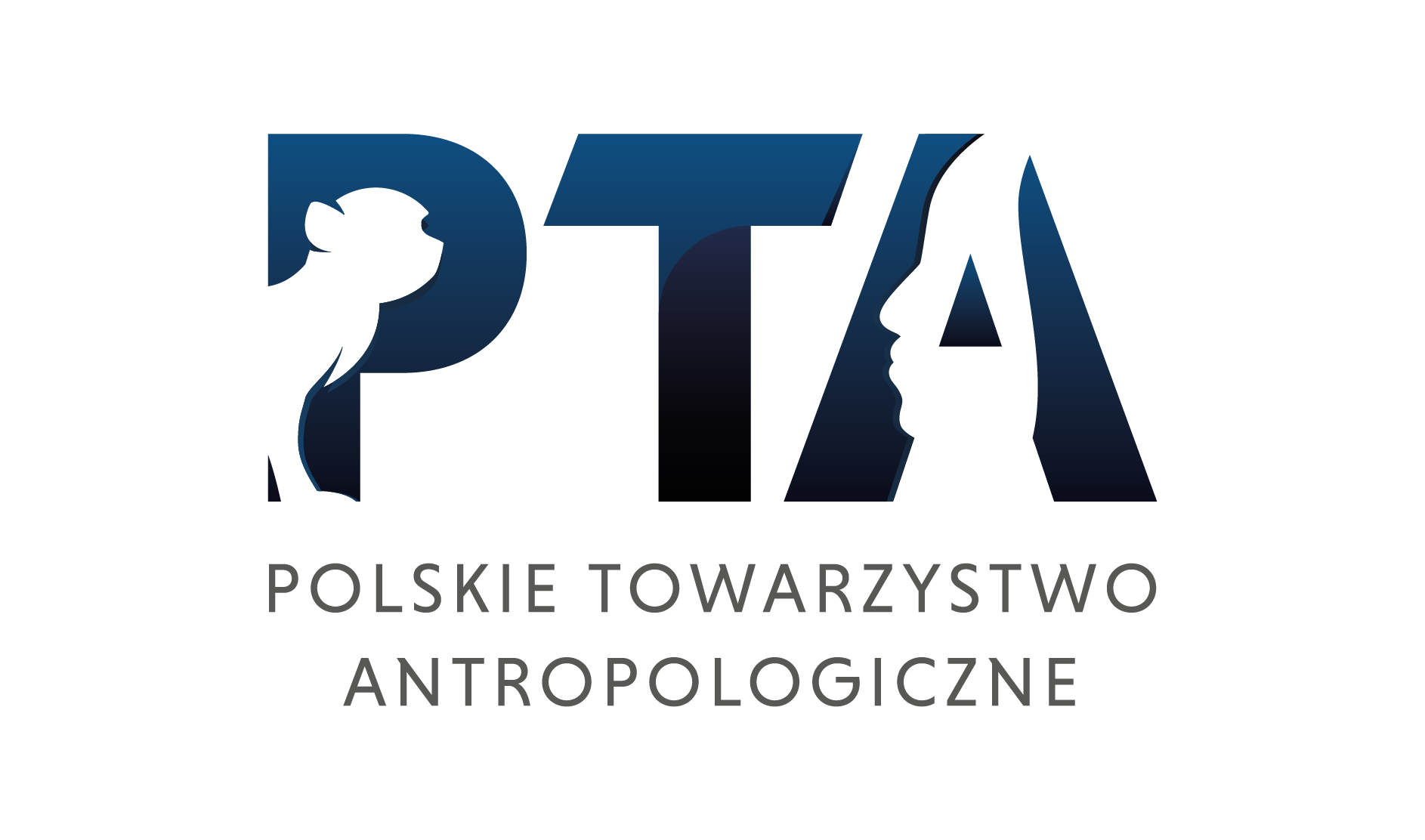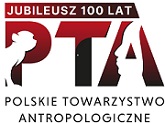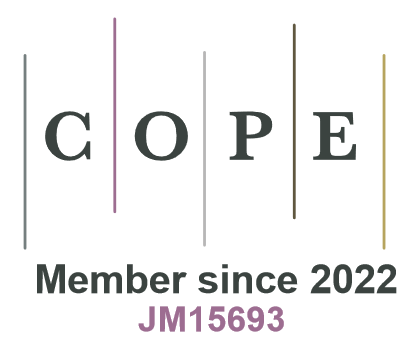Somatotypological classification of the male youth of the miners' schools of the coal-mining region of Rybnik
DOI:
https://doi.org/10.18778/1898-6773.42.1.09Abstract
The aim this research was to find:
whether changes of somatotype are possible under the influence of a determined stimulus and in what direction they proceed;
which somatic type is best adapted to the performing of great phisical efforts;
which somatic type is most frequently represented among the pupils of the Miners’ Schools and, hence which somatich characteristics are most advantageous and useful in a miner's job;
what criteria of phisical development should be considered when accepting candidates to the Miners' Schools.
Continuous research included 378 pupils from Miners’ Schools aged 15 to 18 years. In order to individuate somatic types the author calculates somatic comparisons from the mean arithmetic values of (he respective indices by applying multiple stochastic correlation according to A. Wanke. On the ground of the results obtained the author draws the conclusion that the somatic structure of the Miners’ Schools pupils in all classes of age remains unchanged and is represented by the typological formula V>I>H>A. With age the part of element V grows at the cost of the others. It appears that the direction of somatic type changes expressed by (scapular) articulatio humeri growth is at the same time the answer to the question which somatic type is best adapted to large (stained) manual effort and which somatic type has the greatest possibilities to adapt to work and environment.
The answer is univocal — the type determined by the symbol V (corresponding to the athletic type of Kretschmer's classification).
Downloads
References
Baj K., Trześniowski R. Wych. Fiz. i Sport. 1959, 3, 3-4.
View in Google Scholar
B. Jakubowski Med. Pracy 1959, 1, 17-24.
View in Google Scholar
Z. Jaworski Wych. Fiz. i Sport, 1966, 10, 37-47.
View in Google Scholar
DOI: https://doi.org/10.5432/jjpehss.KJ00003394648
G. Kriesel Przegl. Antrop. 1968, 34, 43-51.
View in Google Scholar
DOI: https://doi.org/10.1007/978-3-663-02883-3_4
A. Maćkowiak, Przegl. Antropol. 1972, 38, 169-183.
View in Google Scholar
DOI: https://doi.org/10.1016/S0022-0728(72)80102-5
A. Malinowski, Przegl. Antropol. 1968, 34, 205-222.
View in Google Scholar
DOI: https://doi.org/10.1017/S007418090002060X
A. Malinowski, K. Tuszyński, Kowalska-Rumińska G. Przegl. Antropol. 1972, 38, 195-206.
View in Google Scholar
Markiewicz J. Szpinak, Med. Pracy, 1955, 2, 77-83.
View in Google Scholar
DOI: https://doi.org/10.1159/000200127
H. Milicer, Wych. Fiz. i Sport, 1959, 3, 609-620.
View in Google Scholar
E. Paluch, E. Gorzelak, Med. Pracy, 1951, 1-2, 47-53.
View in Google Scholar
DOI: https://doi.org/10.1080/00119253.1951.10743168
S. Pilicz, Wych. Fiz. i Sport. 1967, 2-8.
View in Google Scholar
J. Sadowska, Wych. Fiz. i Sport. 1964, 8, 137-159.
View in Google Scholar
Z. Szczotkowa, Mat. i Prace Antropol. 1966, 73, 94-117.
View in Google Scholar
A. Wanke, Przegl. Antropol. 1954, 20, 64-96.
View in Google Scholar
DOI: https://doi.org/10.2307/276721
S. Wiczyk, Med. Pracy, 1955, 2, 117-122.
View in Google Scholar
N. Wolański Metody kontroli rozwoju fizycznego dzieci i młodzieży. PZWL, Warszawa 1965.
View in Google Scholar
Downloads
Published
How to Cite
Issue
Section
License

This work is licensed under a Creative Commons Attribution-NonCommercial-NoDerivatives 4.0 International License.








